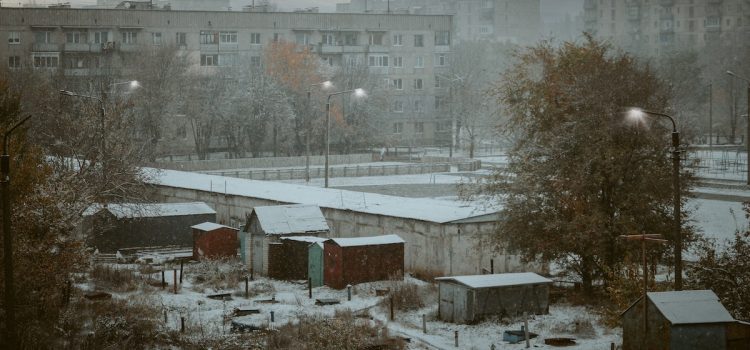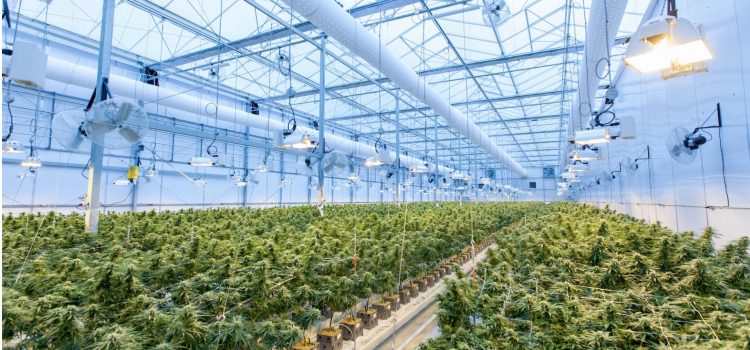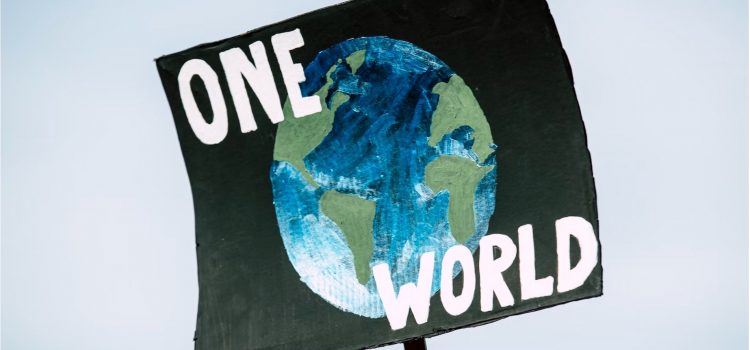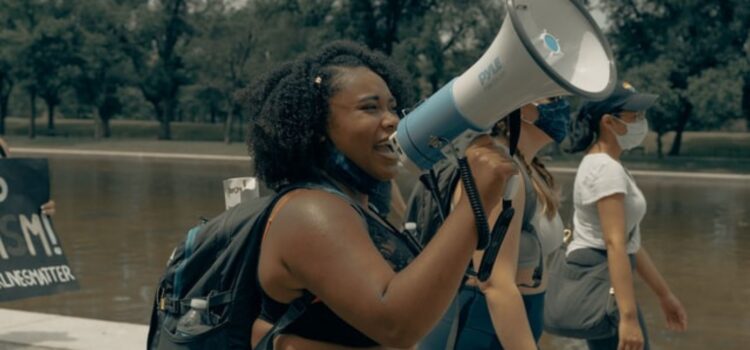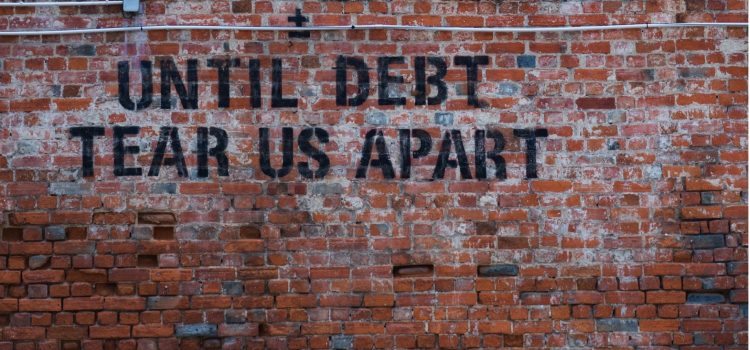What were Soviet labor camps designed to do? How were they like Nazi death camps? What happened to released prisoners? The Gulag Archipelago is a work of historical nonfiction that describes life in Soviet labor camps, popularly known as gulags, in the USSR from the late 1910s to the mid-50s. Prisoners such as author Aleksandr Solzhenitsyn were arrested on minor or fabricated charges, tortured and robbed, and held in camps for decades. Keep reading to learn how gulags subjected prisoners to forced labor, physical abuse, long prison terms, and exile.
Soviet Labor Camps: Insights From The Gulag Archipelago
